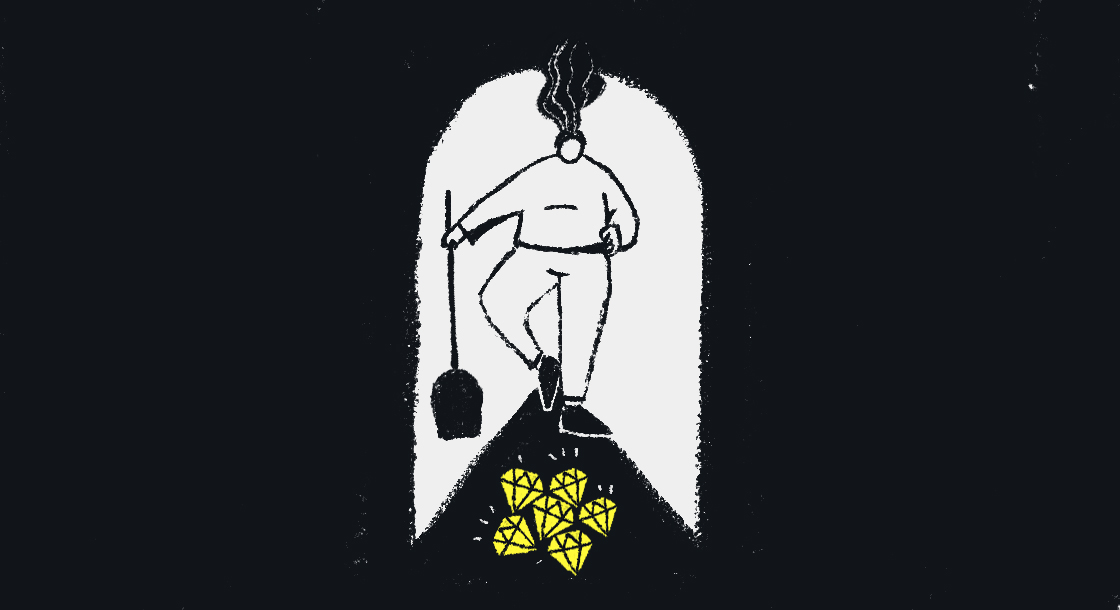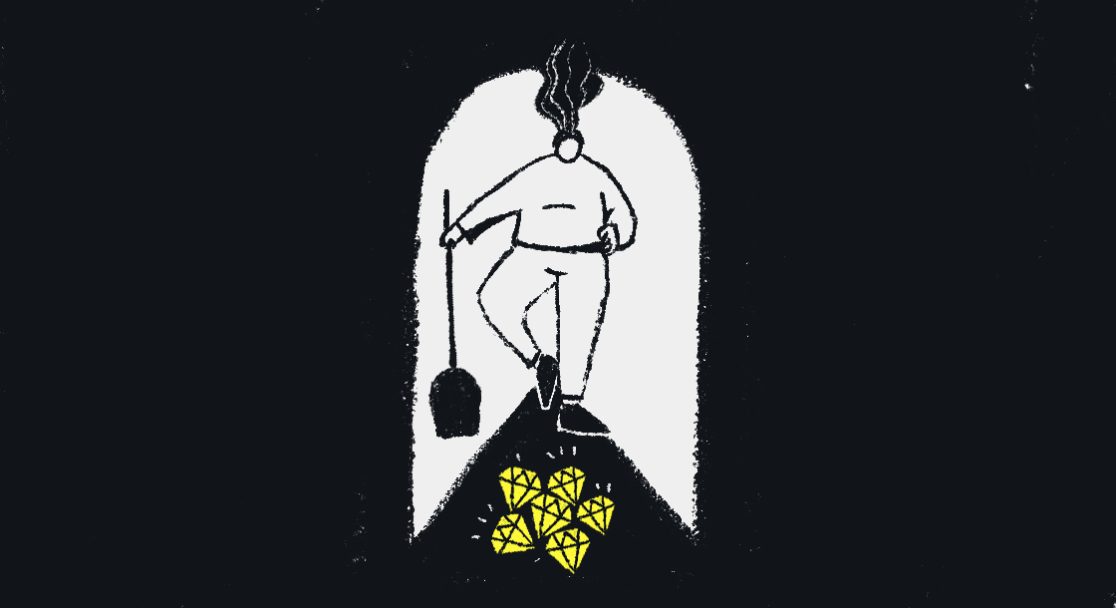We agree with Jeff Bezos’ assertion that your brand is ‘What people say about you, when you’re not in the room’. So we talk to people who know you, when you’re not there. And, because we’re interested in reality, not the party line:
- We ask about behaviours, not opinions.
- We talk to stakeholders individually or in peer-only groups, in confidence.
- We seek out those with experience of rival organisations, because they can be best placed to make direct comparisons.
We avoid asking for direct comments on creative work, preferring instead to use real data from soft launches or ‘anti-focus’ scenarios. These put people from your target profile into situations which replicate, as closely as possible, the ones in which they will interact with your brand. Again, it’s about behaviours, not opinions.
Just one example of the different kind of questions we ask of businesses is:
What are you hiding, and why?
Every business has aspects of itself which it downplays, if not downright hides. Your business is unlikely to be any different. Almost every time though, it turns out to be something most key audiences know anyway, and is often something they quite like about you. Indeed, with extraordinary frequency, that which you are hiding turns out to be an important strength, not a weakness.

To take just two examples:
Jackson-Stops has unique corporate structure which combines local commitment and authority, with great national strength yet, because it was difficult to describe and rivals tried to portray them as ‘just a franchise’, they didn’t talk about it, until we helped them to see how. Now they can use it as the key differentiator that it is, they talk about it all the time.
We, at Real Branding downplayed our location until it was pointed out that clients either didn’t much care or saw it as an advantage and that they really liked our building. So now we stress how we can get to almost anywhere in England within a couple of hours and we have made our enjoyable premises, even better.

Unearthing such ‘diamonds under your feet’ reveals how businesses can build on existing, real distinctions. That is, of course, unless the thing you are hiding is something of which you are rightly ashamed. In which case, just stop doing it: life’s too short.

